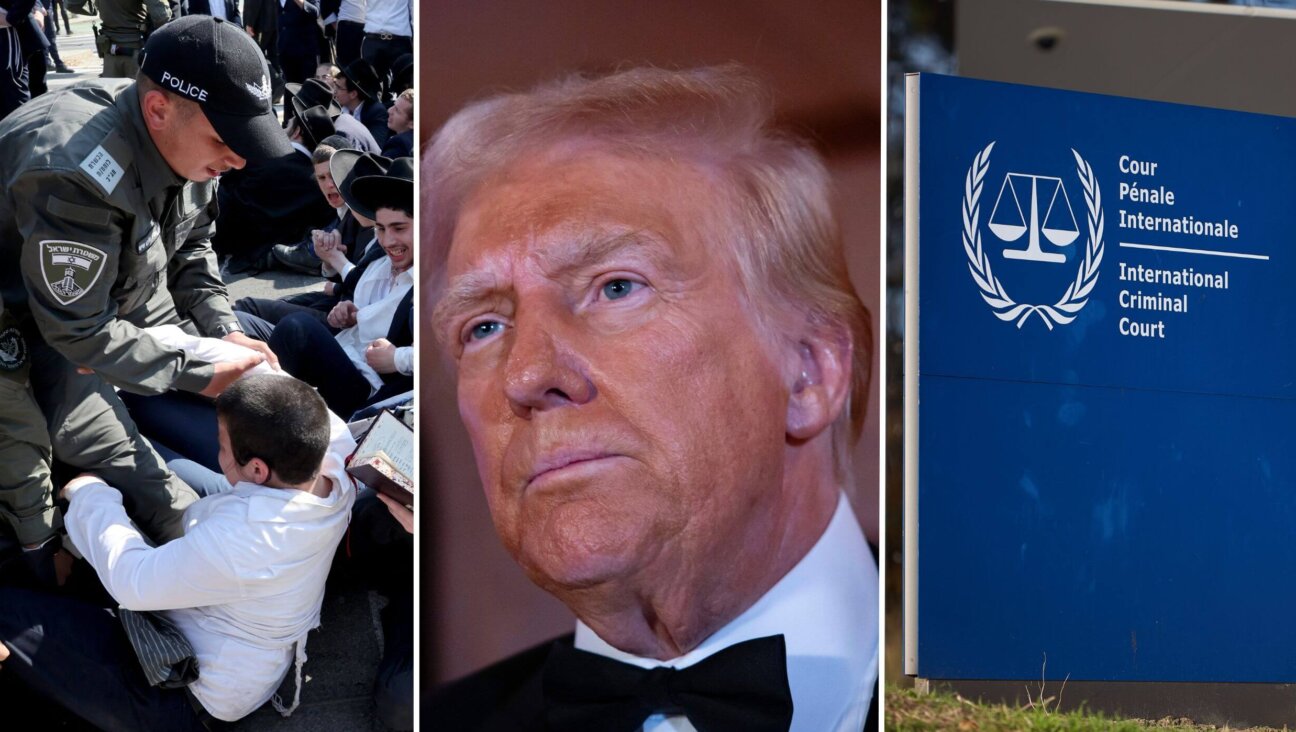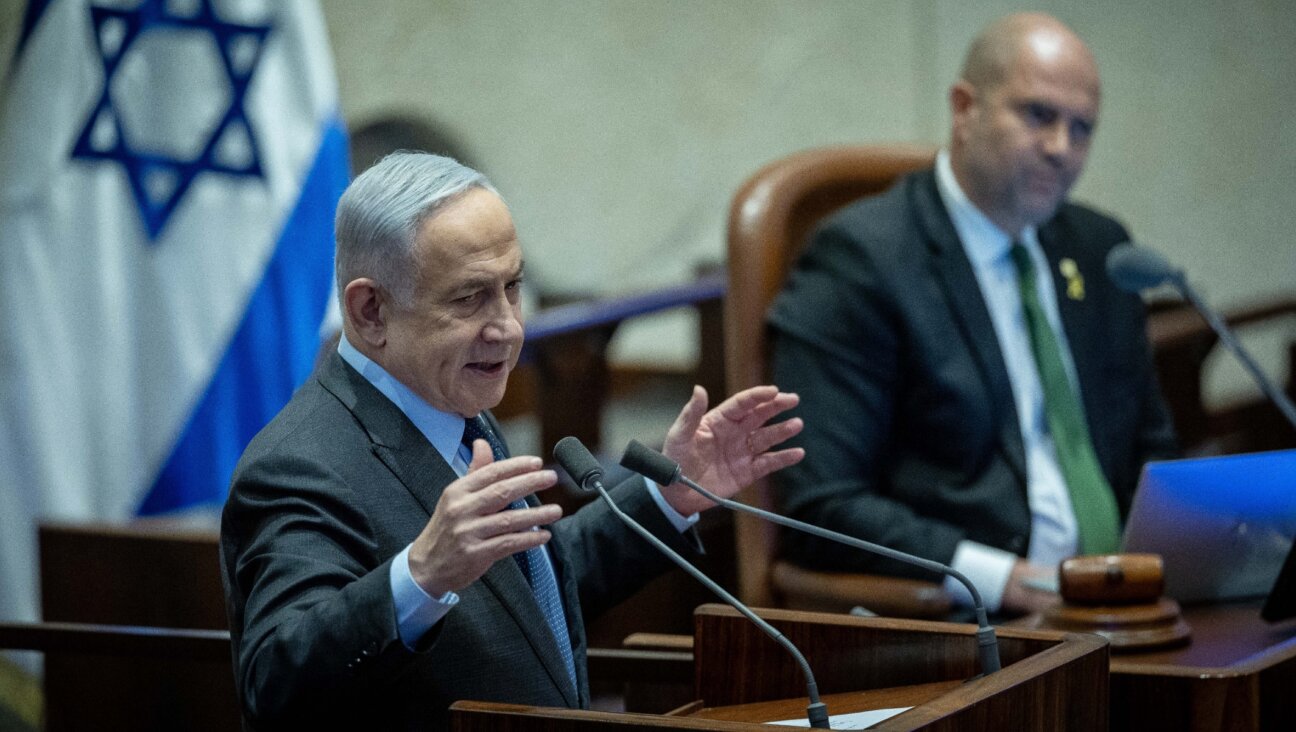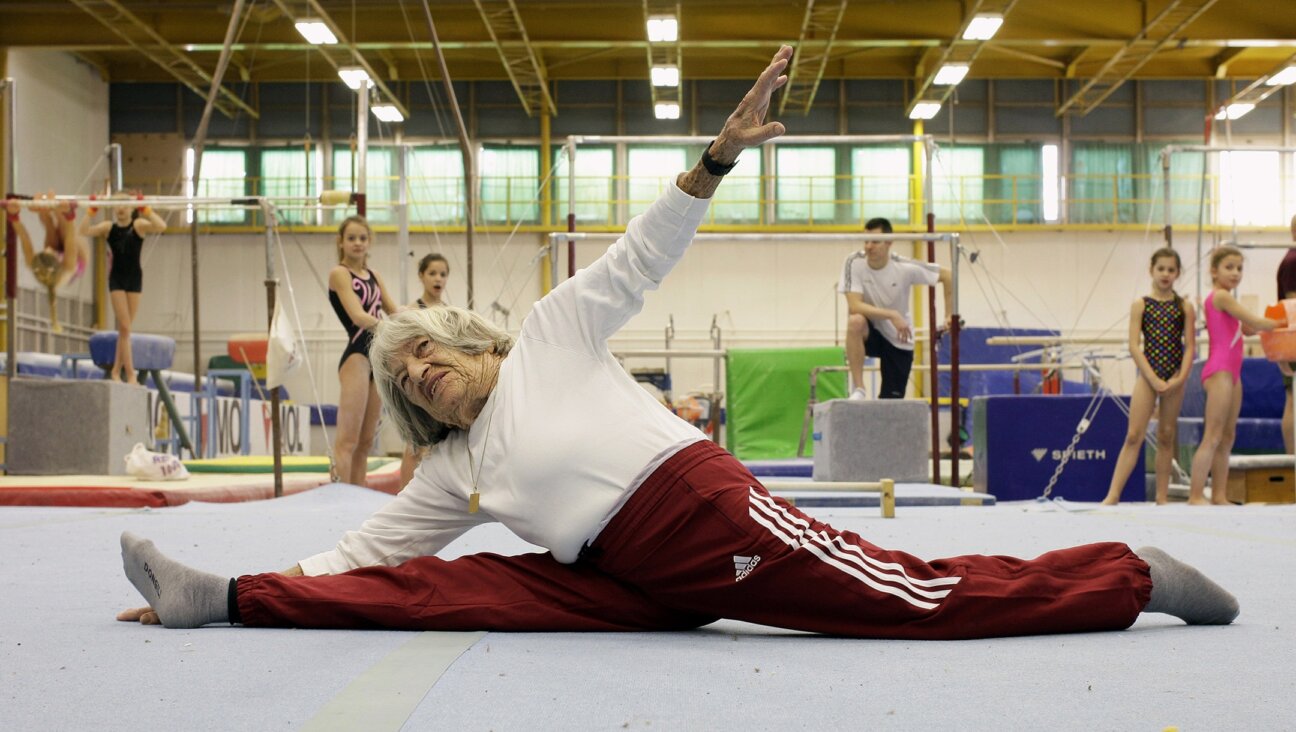Iran Makes New Nuclear Proposal – West Not Impressed
Iran has offered “constructive solutions” to resolve disputes in nuclear talks with six major powers, the Iranian Students news agency ISNA reported on Wednesday, but Western officials suggested they had heard nothing new from Tehran.
Iran and the powers are in the last stretch of talks to reach a final agreement to end a more than 12-year standoff over the country’s disputed nuclear program. The goal an agreement that would lift sanctions in exchange for curbs on Iran’s nuclear program for at least a decade.
“Iran has presented constructive solutions to overcome the remaining differences. We will not show flexibility regarding our red lines,” the Iranian diplomat, who was not identified, told ISNA.
But Western officials indicated they have yet to see new proposals from Iran that could end the deadlock. The biggest sticking points include issues such as a United Nations arms embargo, U.N. missile sanctions, the speed of sanctions relief, and research and development on advanced nuclear centrifuges.
“I haven’t seen anything new from Iran,” a Western diplomat close to the talks told Reuters on condition of anonymity. Another Western official echoed the remarks.
Western countries accuse Iran of seeking the capability to build nuclear weapons. Tehran says its nuclear program is peaceful.
A successful deal could change balance of power in the Middle East, the biggest milestone in decades towards easing hostility between Iran and the United States, foes since Iranian revolutionaries stormed the U.S. embassy in Tehran in 1979.
It would be a political success for both U.S. President Barack Obama and Iran’s pragmatic President Hassan Rouhani, both of whom face skepticism from powerful hardliners at home.
Iran, the United States, Britain, France, Germany, Russia and China gave themselves at least until Friday to negotiate an agreement, but a source from one of the powers said on Tuesday they had to wrap up in the next 48 hours.
Speaking to reporters late on Tuesday, a senior U.S. official suggested that the negotiations were approaching a moment of truth.
“I believe we will in the near term either get this deal or find out we can’t,” the U.S. official said.
Iran and the powers have a rough draft of an agreement with five technical annexes, which diplomats say adds up to around 80 pages. But the text contains many brackets highlighting areas of dispute. The disagreements over U.N. Security Council sanctions are among the most difficult, officials said.
“Removing the remaining brackets, this seems to be very, very, very tough,” a senior Western diplomat told reporters.
HEATED EXCHANGE
Russia and China, which have never hidden their dislike of sanctions, had indicated they would support the termination of the arms embargo on Iran and U.N. missile sanctions, both of which date back to 2006.
In the end, however, Moscow and Beijing agreed not to break ranks with the Americans and Europeans who want to maintain the arms embargo and missile sanctions, given instability in the Middle East.
“In the current context, it would be pretty obscene as a political message if we resolve the nuclear issue but then give them money and the capacity to import and export arms,” a senior Western official said.
Russia is especially sensitive about sanctions, Western officials say, due to the fact that it itself is under U.S. and European Union sanctions over allegations that it is supporting pro-Moscow rebels in eastern Ukraine, which it denies.
U.S. Secretary of State John Kerry and Iranian Foreign Minister Mohammad Javad Zarif stayed behind in Vienna in an attempt to break the logjam while most of the other foreign ministers returned to their capitals. EU foreign policy chief Federica Mogherini, who is coordinating the talks, also remained in Vienna to help find a compromise.
Kerry and Zarif were involved in a tense exchange of positions on U.N. sanctions on Monday night, diplomats said. Tehran says conventional weapons and missiles have nothing to do with the nuclear issue and bans should therefore be removed.
“There was no slamming of doors but it was a very heated exchange of views,” one of the senior Western diplomats said.
French Foreign Minister Laurent Fabius and British Foreign Secretary Philip Hammond are expected to return to Vienna on Wednesday evening.
U.S. and European officials have indicated that they are prepared to walk away from the negotiations if there is not a deal soon, while the Iranians have said they are happy to continue negotiating.
Iran’s Supreme Leader Ayatollah Ali Khamenei, who has the power to block a deal, last month ruled out either a long freeze of sensitive nuclear work or opening military sites to inspectors. Western officials say Khamenei’s “red lines” have made things more difficult for the Iranian delegation.
“There is a sort of good-cop/bad-cop between Zarif and the supreme leader,” a Western official said. “Zarif is under a lot of pressure.”
The latest extension of the talks to Friday left open the possibility an agreement would not arrive in time for the deadline to allow an expedited, 30-day review of a deal by the Republican-dominated U.S. Congress.
If a deal is sent to Congress between July 10 and Sept. 7, Congress will have up to 60 days to review it. U.S. officials fear that could provide more time for any deal to unravel.
A message from our Publisher & CEO Rachel Fishman Feddersen

I hope you appreciated this article. Before you go, I’d like to ask you to please support the Forward’s award-winning, nonprofit journalism so that we can be prepared for whatever news 2025 brings.
At a time when other newsrooms are closing or cutting back, the Forward has removed its paywall and invested additional resources to report on the ground from Israel and around the U.S. on the impact of the war, rising antisemitism and polarized discourse.
Readers like you make it all possible. Support our work by becoming a Forward Member and connect with our journalism and your community.
— Rachel Fishman Feddersen, Publisher and CEO























